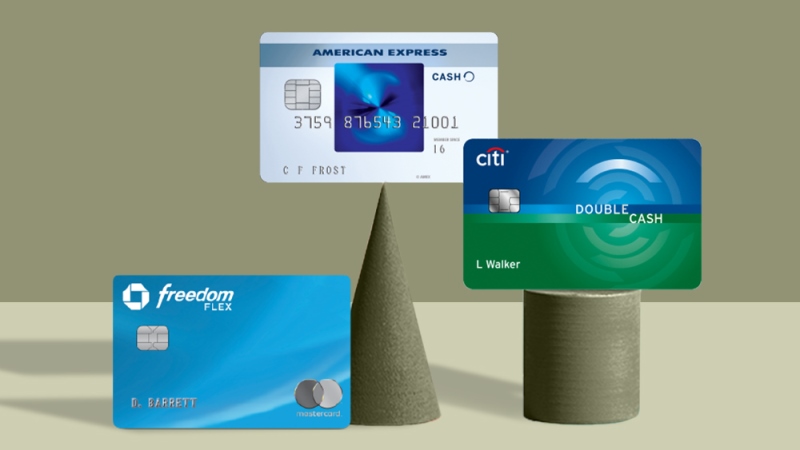
For some people without credit, it may not seem as though having a credit card would change their life all that much. After all, they’ve gotten along fine without them, thus far. But, at some point, life becomes a little more difficult without one. Without a credit card, you can’t make purchases online; you may not be able to cover an emergency expense; and it will be very difficult to build a credit history which could be very important at some point.
If you have been turned down for a credit card due to a lack of credit history, the best solution is to obtain a secured credit card. Secured credit cards are only a temporary solution, but, for most people, they are the best credit cards for no credit.
They’re Just Like the Real Deal
Secured credit cards are virtually the same as unsecured credit cards in every way except one. They are issued as a Visa or MasterCard, so they’re accepted everywhere including online. Your payments are reported to the credit bureaus as if they were unsecured cards, so you will be building a credit history. The primary difference is that the credit limit for a secured card is established by a deposit you make to the issuing bank. So, if you deposit $500, that, or some percentage of it, becomes your credit limit.
When you build up a good payment history, the issuing bank may begin to gradually increase your credit limit over and above your secured limit to where you have unsecured credit available. If you establish that good of payment record, to where the bank wants to issue you more unsecured credit, you are probably in a position where you can qualify for a regular, unsecured credit card.
Build your Credit Quickly
Your primary purpose of using a secured credit card is to build you credit history. As previously mentioned, your payments are reported to the credit bureaus (be careful to double check that the issuing bank does, in fact, report your payments), but so are your missed payments. It is also important not to run up your debt-to-credit limit ratio. If you have a $500 credit limit, you will need to keep your debt balance to below $250 – better yet, just pay the balance in full each month.
Secured credit cards should only be used to pay for regularly budgeted expenses, such as groceries or gas. But, it is very important that you use it and make the payments so you can establish a credit history. In some cases, it may only take six to 12 months to establish a good credit history for credit card companies or lenders to evaluate your creditworthiness.
Shop and Compare Fees and Interest Rates
Of course, the other similarity to unsecured credit cards is that secured credit cards also charge interest and fees. So, it is important to know the general range of interest rates and fees charged by secured credit card issuers so you can shop and compare. Generally, secured credit cards charge higher annual fees than unsecured credit card, some as high a $75, but you can also find some low annual fee secured credit cards as well.
You might also find that many charge higher annual percentage rates (APR) than unsecured credit cards. But, shopping and comparing should reveal some cards with more reasonable rates. Of course, if you stick to a plan of using your card for budgeted expenses and then paying the balance in full each month, the APR shouldn’t matter – you can just focus on finding a low annual fee card.
If you can, you should avoid secured credit cards that charge a set-up or application fee. There are enough choices out there that don’t do this and by all means, stay away from secured credit cards that require you to buy credit insurance.